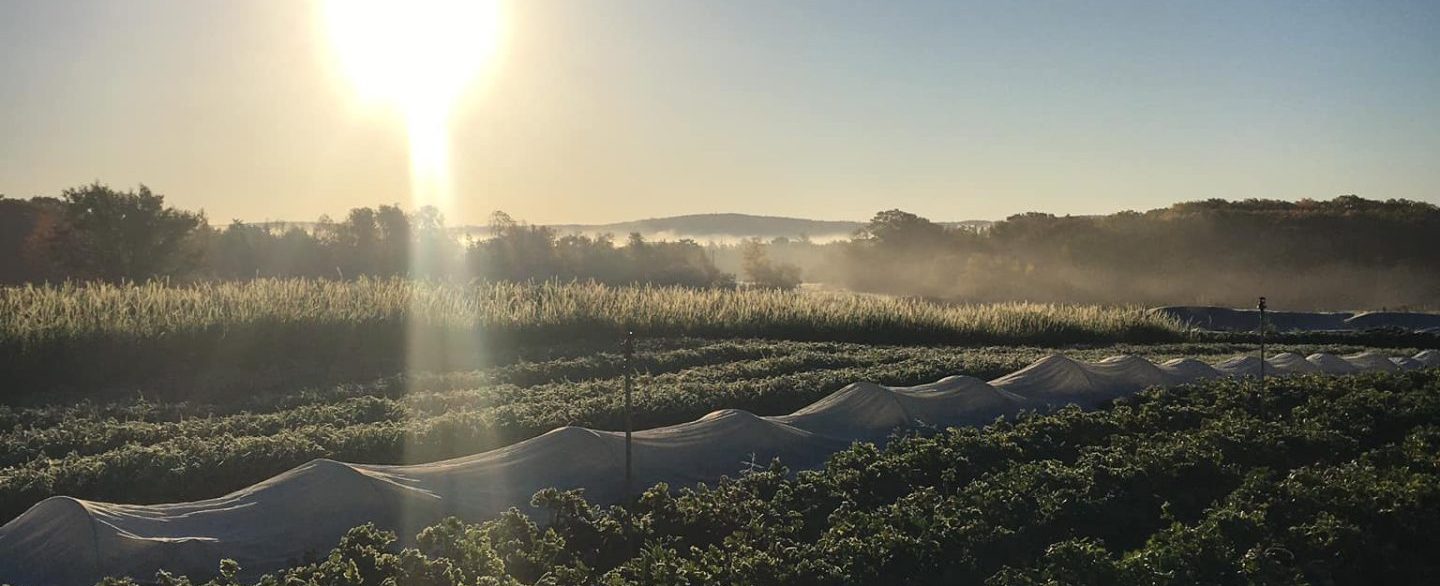Organic Task Force urges public investment in organic agriculture to boost farm profitability, meet
rising demand for organic food, and position Canada as a global leader in organic agriculture
Ottawa, September 11, 2025 – A new report from the Organic Task Force, convened by Canadian
Organic Growers, says strategic public investment in organic agriculture would boost farm
profitability, meet rising domestic demand, open new global trade opportunities, and help Canada
deliver on climate and biodiversity commitments.
The report, Cultivating the Organic Opportunity for Canadian Farmers and Consumers, calls for
annual funding of $68.5 million to triple and strengthen organic agriculture in Canada. The
investment would support existing organic farmers to enhance performance while reducing barriers
for others to transition to organic farming.
“This research shows organic farming is a proven tool to increase farm profitability and strengthen
Canada’s trade position while delivering climate and biodiversity benefits,” said Katie Fettes, Director
of Policy and Research at Canadian Organic Growers and Co-Chair of the Organic Task Force. “With
strategic investment, we can unlock billions in farm income, make organic farming a viable
opportunity for more farmers, reduce GHG emissions, and ensure Canadian farmers, not foreign
competitors, are the ones who benefit from this growing market.”
Canada’s organic market was valued at more than $9 billion in 2023, up from $6.38 billion in 2019,
making it the fifth largest in the world. Yet, domestic production has stagnated, forcing Canada to
rely more on imports—an economic opportunity now being captured by countries like the United
States.
“Canadians are looking to buy more organic food,” said Ian Cushon, an organic grain farmer at Moose
Creek Organic Farm, and Co-Chair of the Organic Task Force. “But beyond this, they also want to buy
Canadian and support local farmers and companies. Increased federal investment is a win for
consumers, farmers, Canadian companies, and the economy at large.”
Global demand for organic products is also accelerating. The U.S. organic market is projected to triple
over the next decade, while the Indo-Pacific market is expected to double within five years. Canadian
organic products already meet strict internationally recognized federal standards, positioning farmers
to capture these opportunities if production expands.
The report finds organic farming delivers 117 per cent higher net returns per acre, and tripling
organic acreage could generate $1.73 billion in additional net farm income over 10 years.
Nonetheless, short-term transition costs remain high. To unlock these benefits, the report
recommends targeted transition supports for farms to accelerate growth in the sector. For every dollar invested in organic transition, nearly eight dollars in returns are generated for farmers and the
economy.
While the U.S. invests eight times more per acre in organic programs and the European Union invests
over 200 times more, the report warns Canada risks being left behind without federal action.
Investment in organics would also help Canada meet climate and biodiversity goals. Organic farming
reduces greenhouse gas emissions by 35 per cent per acre, sustains soil health, increases biodiversity
and uses up to 50 per cent less energy than conventional systems.
The Organic Task Force brings together farmers, researchers, and policy experts to examine how
expanding organic agriculture production can help Canada achieve its economic, environmental, and
climate goals, and how public support can contribute to this effort.
The full report is available for download here. Click here to read the executive summary.
Media Contact:
Jess Harris
Director, Temple Scott Associates
437-227-6123
jharris@tsa.ca

